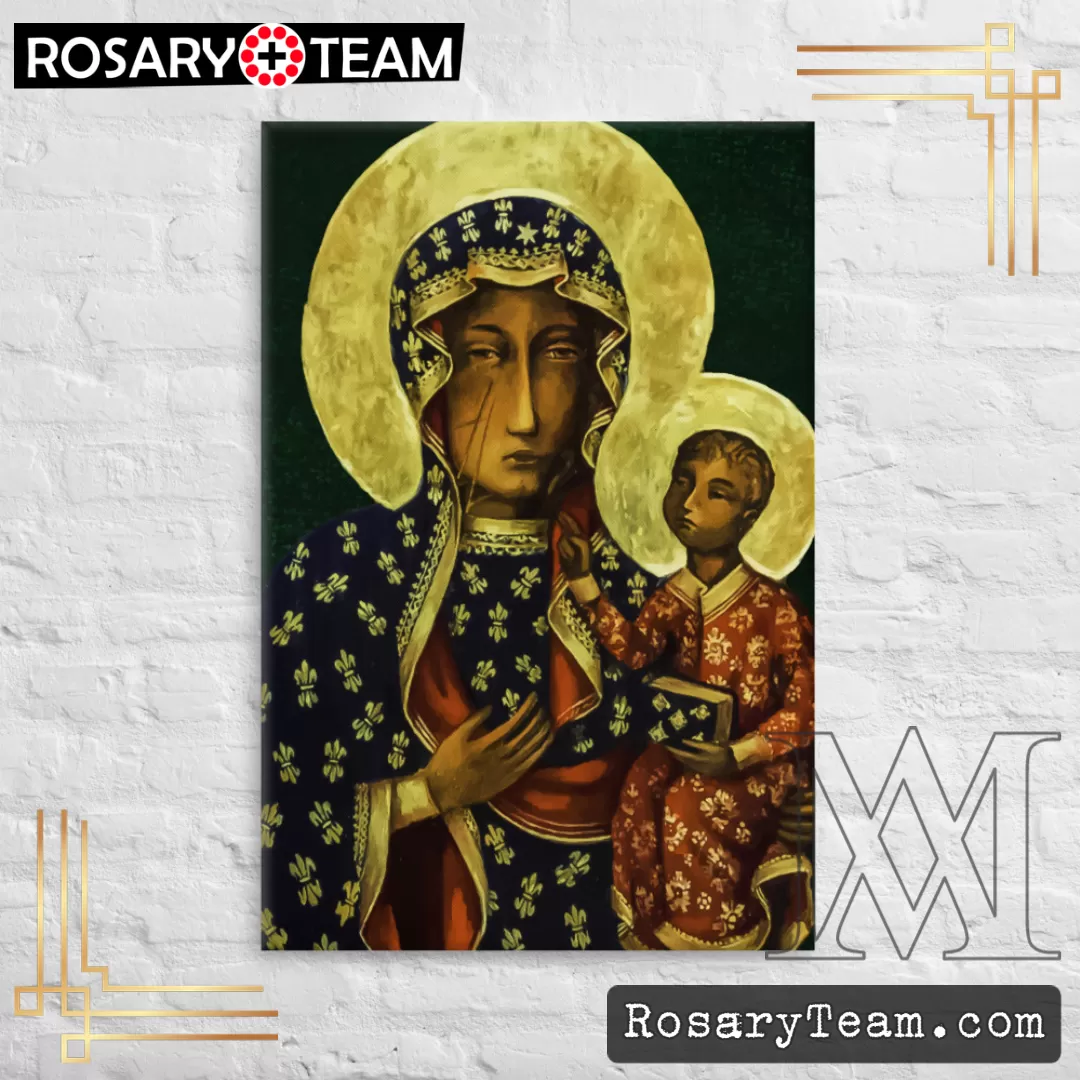Wednesday, February 21 : Saint Jerome

If Jonah is a prefiguration of the Lord who evokes the Savior’s Passion by his dwelling in the belly of the whale for three days and three nights, then his prayer, too, must be an expression of the Lord’s prayer. “I am banished from your sight. I will again look upon your holy Temple” (Jon 2:5) When I was with you, rejoicing in your light, then I would not say: “I am banished”. But once I am at the bottom of the sea and clothed in human flesh then I take human feelings and say: “I am banished from your sight.” I said this as man but what follows I say as God: “I who, being in your form, did not regard my equality with you (Phil 2:6) because I wanted to raise up humankind to you. But I will again look upon your holy Temple.” In the same way the gospel text says: “Now glorify me, Father, with you, with the glory that I had with you before the world began” (Jn 17:5), and the Father answers: “I have glorified it and will glorify it again” (Jn 12:28). One and the same Lord asks as man and promises as God and is certain of the possession that was always his. “The waters surged around me up to my neck; the deep enveloped me” (Jon 2:6). May hell not imprison me! May it not refuse me a way out! I made the descent freely, may I freely make the ascent. I came as a captive voluntarily and I have to set free the captives so that this verse may be accomplished: “He ascended on high and took prisoners captive” (Eph 4:8; cf. Ps 68:19). Those, in fact, who formerly were captives in death have been conquered for life by him. “Then the Lord commanded the fish to vomit Jonah upon dry land” (Jon 2:11). And so he commanded this large whale to restore the Savior to the dry land from the deep and from hell. Thus He who had died to free those held in the bonds of death is able to lead back a great crowd to life together with him.
Roman Catholic Ordinary Calendar – rosary,team
















